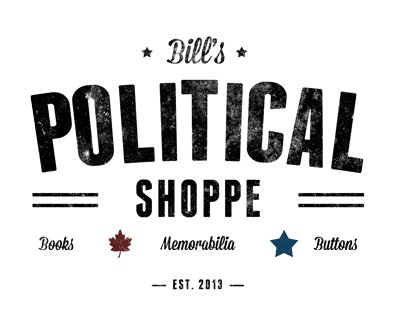
A little while back I was out at a bar with some friends. As often happens when I’m out with friends (and beer is involved) a political discussion broke out. We happened upon the topic of Pierre Trudeau. One person went on about the evil that was Pierre Trudeau; another spoke of his greatness. The discussion was heated, with me in the middle. Almost 30 years have passed since he’s left office, and, yet, he still invokes great passion and debate (a fact that hasn’t been hurt by the rise of his son to the leadership of The Liberal Party of Canada).
But what provokes the passions on both sides? As I said, from my spot in the middle, he had an agenda and was going to implement it…regardless of what others thought.
Many dislike him because of certain of his economic choices. He was a clear supporter of Keynes (though, in his defense, so was his primary opponent Robert Stanfield). He believed in an activist government; one that played a significant roll in the economy. Policies such as wage and price controls (6 & 5) were anathema to the right, as were the ever increasing deficits. Conversely, many strong supporters of Keynesian policies applauded the expansion of the government, the efforts taken to control inflation and his choices to fight economic downturns with ever increasing spending.
Many individuals dislike his liberalization of social policies in Canada. Without going into the specifics, many of the social policies had already moderated before he brought in the Charter of Rights and Freedoms (more on that after). On the other side, there are many more who applaud his expansion of rights (again, before the Charter).
Which brings us to the constitution. In 1982, he brought it home with an enshrined Charter of Rights and Freedoms after numerous attempts. Many who dislike him, cite his preoccupation with the constitution. Setting that argument aside, the debate centers on what it is the Charter has done to Canada. Some believe that it places more power in the courts, taking it out of the hands of the elected people’s representatives. Others suggest that it’s the ultimate protector of the people from their governments.
So, who is right, and who is wrong. In fact (again, from my spot in the middle), both sides are right…and that’s precisely why people still discuss, argue and debate the legacy of Pierre Trudeau.
What are your thoughts? I welcome your comments.
